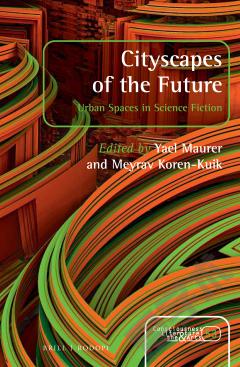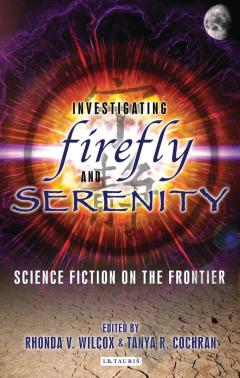Futurescapes —— Space in Utopian and Science Fiction Discourses
----- 未来景观:乌托邦和科幻小说话语中的空间
Acknowledgements Notes on Contributors Ralph Pordzik: Introduction: The Overlaid Spaces of Utopia Chapter I: Constructing Borders, Defining Limits: The Ideal Space of Utopia Revisited Gabriela Schmidt: The Translation of Paradise: Thomas More's Utopia and the Poetics of Cultural Exchange Hans Ulrich Seeber: Utopia, Nation-Building, and the Dissolution of the Nation-State Around 1900 Richard Nate: Discoveries of the Future: Herbert G. Wells and the Eugenic Utopia Ralph Pordzik: Persistence of Obedience: Theological Space and Ritual Conversion in George Orwell's Nineteen Eighty-Four Chapter II: Homely Spaces, Intimate Borders - Utopias to Live in Nicole Pohl: 'And is not every Manor a Little Common Wealth?' Nostalgia, Utopia and the Country House Christoph Ehland: The Watchdogs of Eden: Chesterton and Buchan Look at the Present of the Future Elizabeth Leane: The Land that Time Forgot: Fictions of Antarctic Temporality Dunja M. Mohr: "The Tower of Babble"? The Role and Function of Fictive Languages in Utopian and Dystopian Fiction Chapter III: Worlds Beyond Worlds - The Limits of Geographical and Perceptual Space Martina Mittag: Rethinking Deterritorialization: Utopian and Apocalyptic Space in Recent American Fiction Doreen Hartmann: Space Construction as Cultural Practice: Reading William Gibson's Neuromancer with Respect to Postmodern Concepts of Space Saskia Schabio: Peripheral Cosmopolitans: Caribbeanness as Transnational Utopia? Antonis Balasopoulos: "Utopian and Cynical Elements": Chaplin, Cinema, and Weimar Critical Theory Index
{{comment.content}}








 京公网安备 11010802027623号
京公网安备 11010802027623号